Today on the HGN YouTube channel, and as part of the Network’s current theme of (Post)Colonialism, we are featuring an interview between Javier Rayón (writer and director of Dream of Darkness) and Tlaxcalteca and historian Fabiola Carrillo. The interview explores ways in which historians and the games industry can collaborate to address longstanding problems of […]
Category: Ethics

The history of the First World War (1914–1918) cannot be fully understood without understanding the important role that colonialism played in the war’s development. The conflict did not only earn the title of the First World War because of its geographical reach, but because its participants came from every corner of the world. This was […]
Our second HGN event, for our Ethics theme, took place on 1 September. We were delighted by both the panellists and the audience, who gave us a fantastic discussion and raised some thought-provoking questions. In case you missed it, or would like to watch it again, you can find the video of the event below. […]
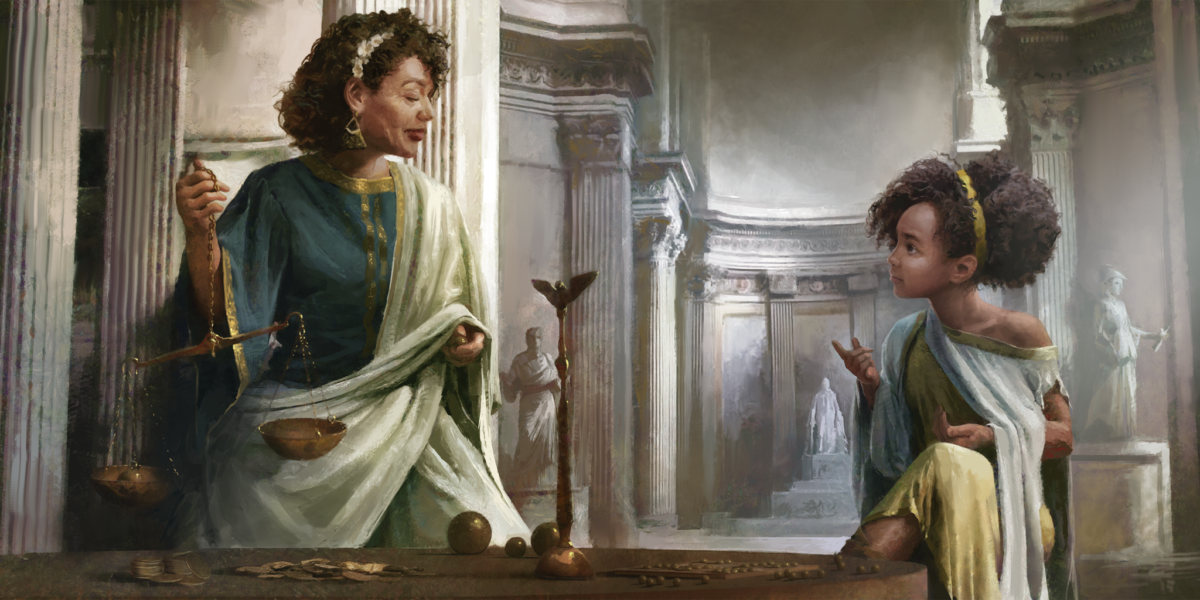
Ethical game design is still a fairly new topic. It was not really a consideration at all when the first arcade games appeared, as games had to be so abstract that it was hard to map real-world issues onto them. Over time, of course, this changed, and the world around games changed as well. In […]
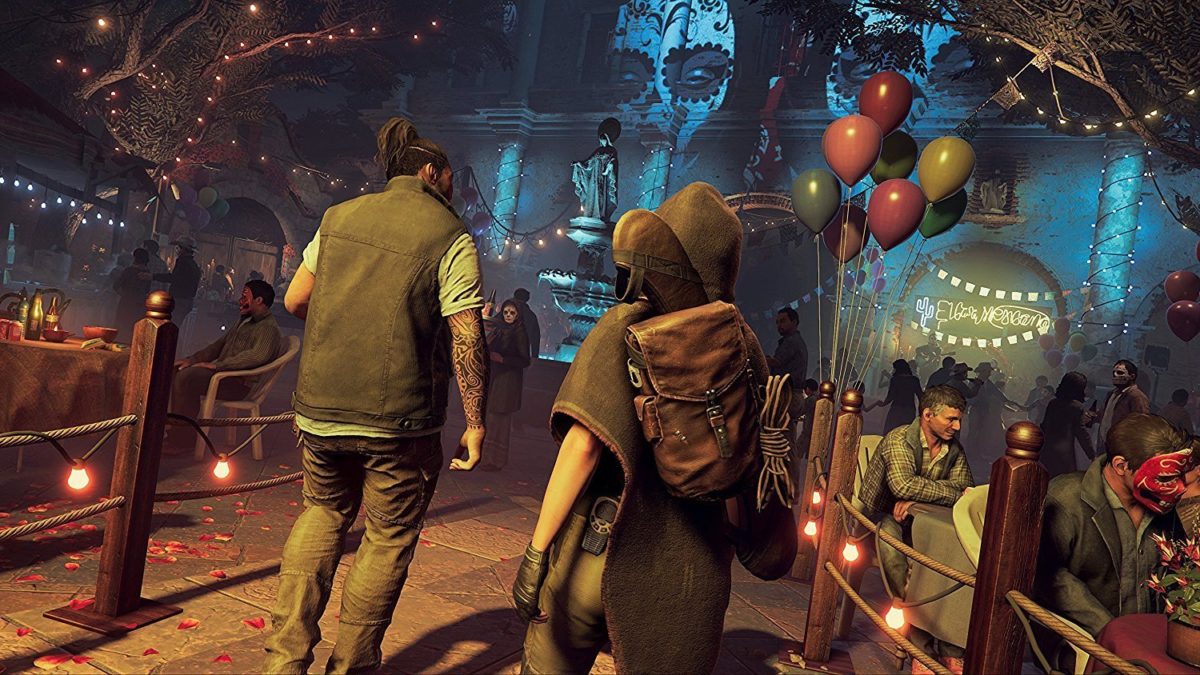
As an archaeological ethicist, my work involves considering how archaeologists ‘do’ archaeology, and the ramifications of our professional choices and actions as archaeologists. More specifically, my main area of research is digital archaeology, and the archaeology of immaterial places like video-games, virtual worlds, and internet-based communities. To be an archaeological ethicist studying immaterial places, I […]
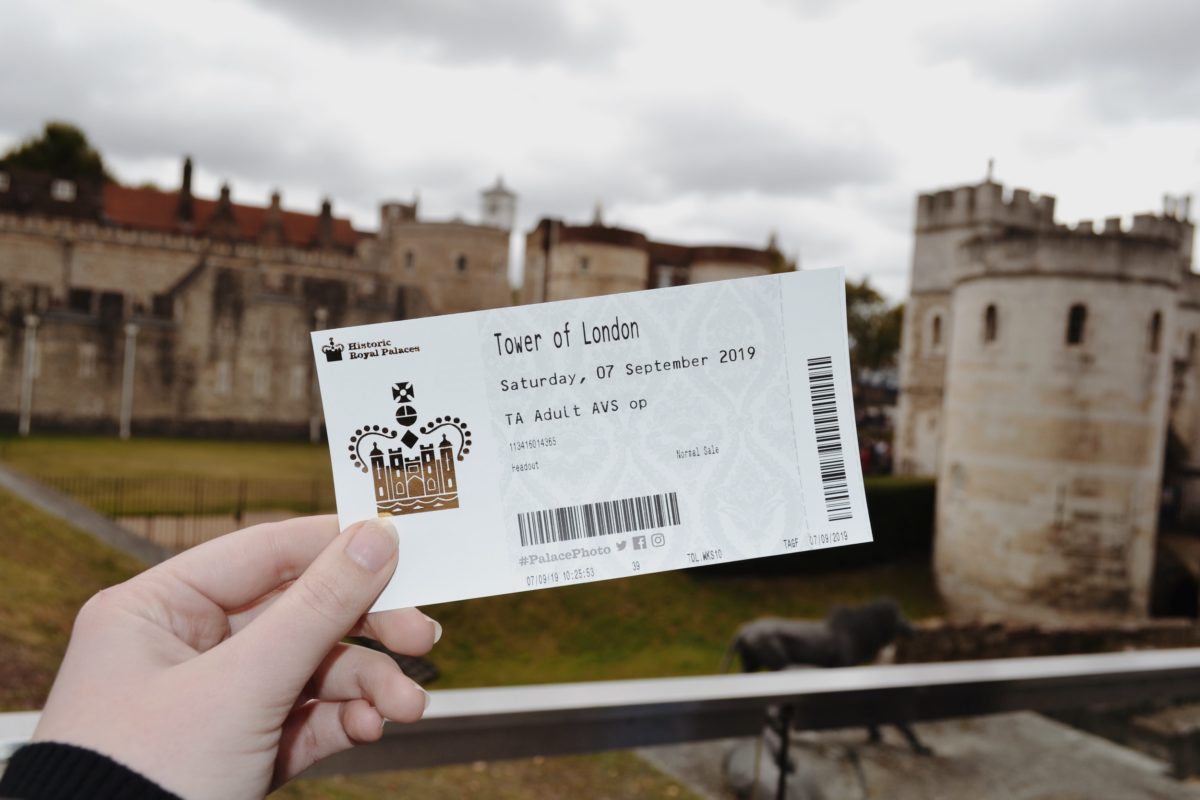
In public discussions of history, it is sometimes said that ‘history belongs to everyone’. This is often used to assert someone’s authority to interpret the past, their attempts to understand, talk or write about things which they perceive as having happened. It is also used to reject the (now old-fashioned) idea that professional historians have […]

“Prior to photography, places did not travel well” (Urry and Larsen 2011, 166). If the advent of photography heralded the increased conceptual portability of places, what does the representation of those places in video games mean? What are the ethical implications of engaging with video games as a form of digital tourism, especially when the […]
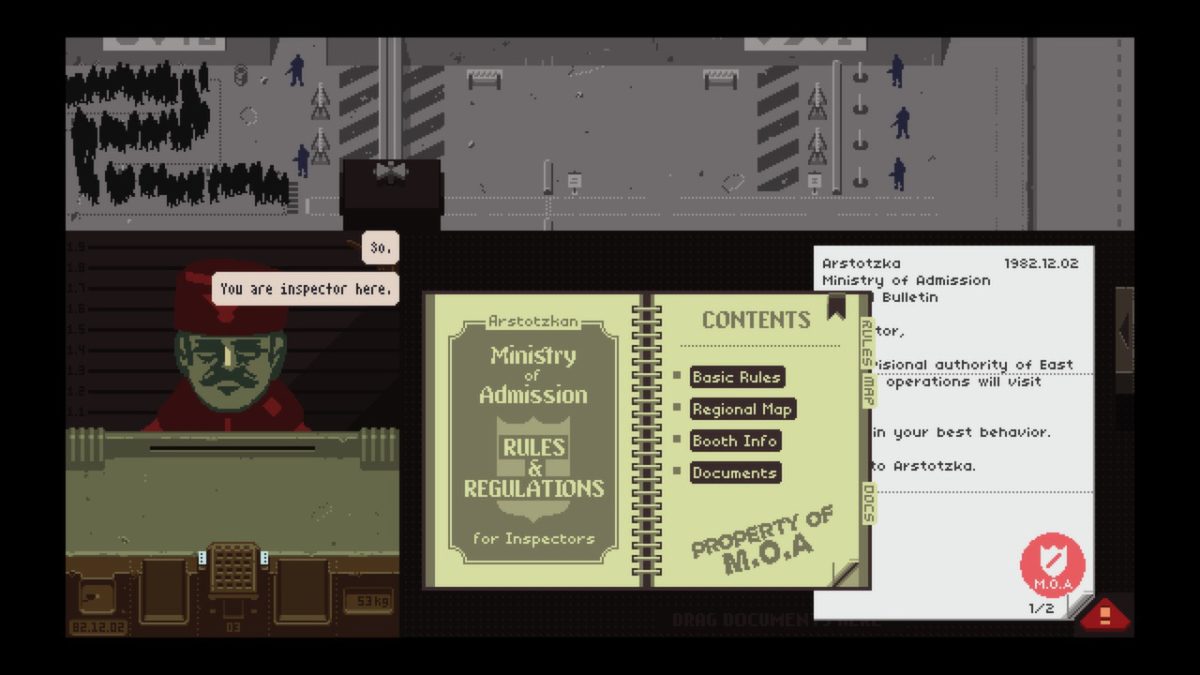
Games have often lacked nuance, dealing in heavy-handed constructions of black and white morality, heroes and villains. Even when they depict (or try to portray) anti-heroes and good-bad people, it’s rare to find a game that does so unproblematically. The often-triumphalist, teleological narratives and gameplay orientation of many games means that nuanced engagement with ethical […]
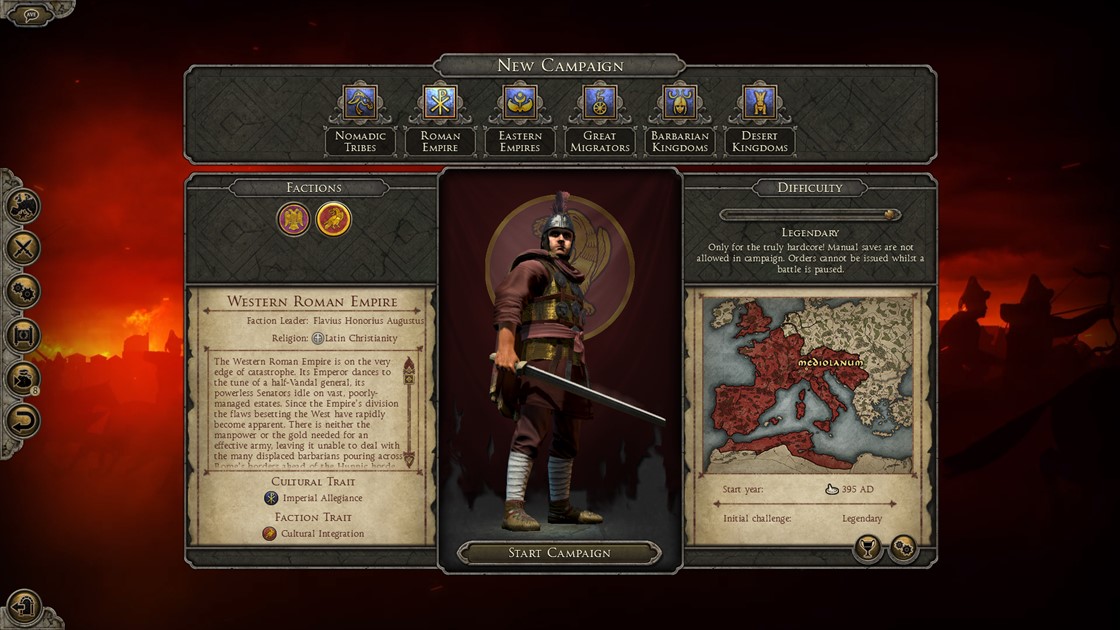
From Robert A. Heinlein’s short story ‘–All You Zombies–’ (1959) to films such as Groundhog Day (1993) and Tenet (2020), the literary and audio-visual arts have nurtured and popularised the ethical quandaries that arise when humans alter the fabric of time. Such experiments, though, rarely feature in historical fictions. If they do, the focus is […]

In my post last week, I discussed the role of ethics in historical representation. I argued that, as a narrative pursuit, all history involves subjective decision making. Decisions, some of which, will inevitably be made in alignment with our own ethical criteria and the ideological biases they are entangled with. But how does this relate […]